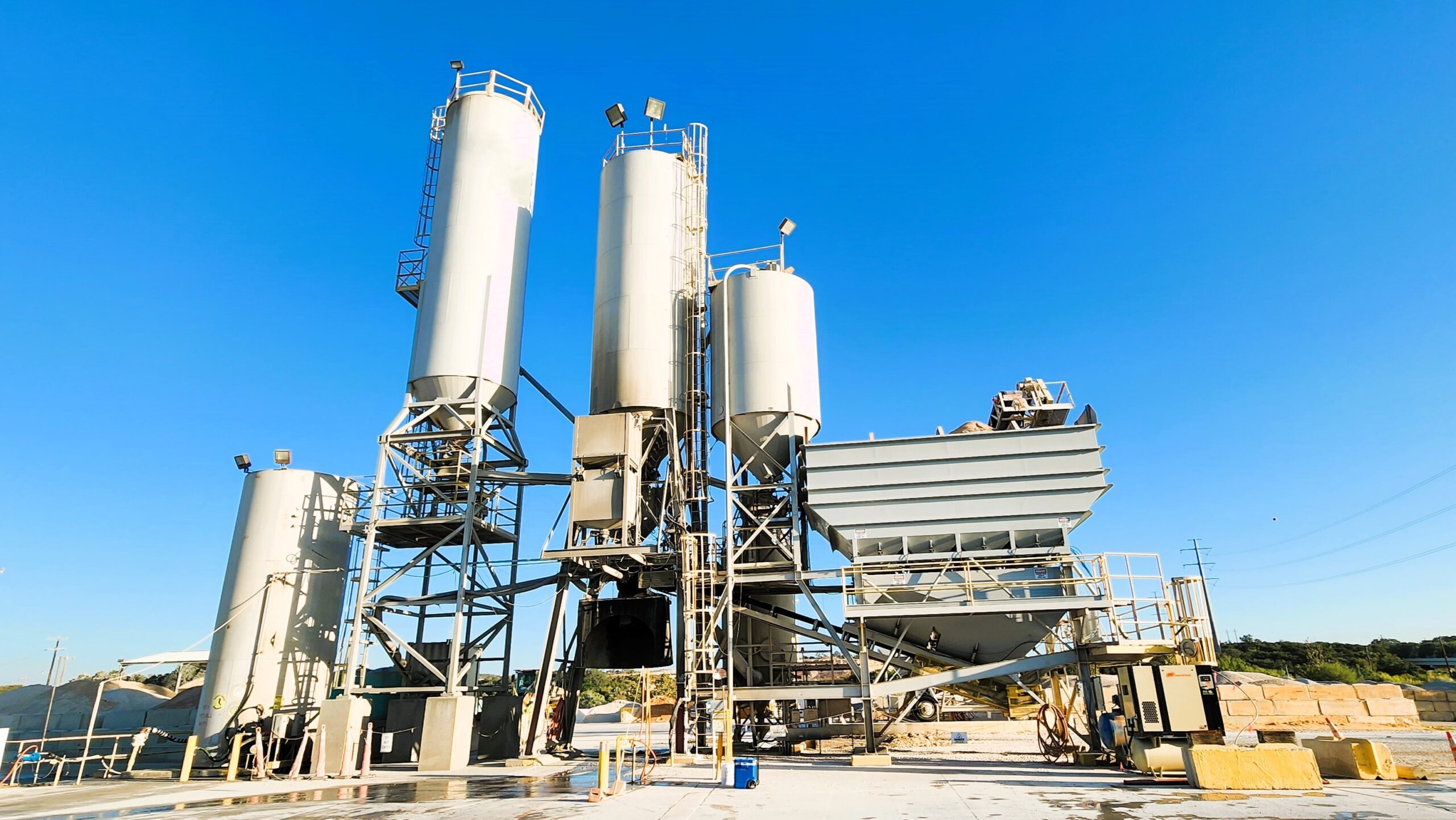
By: Eric Shelander, Air Team Leader
This article is a follow up on Part 1 of my introduction to Air Permitting. If you are unable to find a Permit By Rule (PBR) to authorize your facility, the Standard Permits are the next type of permit to consider. The Standard Permits are developed by the Texas Commission on Environmental Quality (TCEQ) to allow certain types of facilities a streamlined option in lieu of a full New Source Review permit. The conditions for each Standard Permit are based on the best available control technology (BACT) and the TCEQ’s own air dispersion modeling at the time they were issued or amended.
The most commonly used Standard Permits for the aggregate industry are for Concrete Batch Plants (CBP), Rock/Concrete Crushers (RC) , and Hot Mix Asphalt Plants (HMP). Each permit has specific requirements that are essential to understand when selecting a site or submitting a permit application.
Permanent vs Temporary
The requirements for aggregates Standard Permits vary depending on whether a plant is classified as permanent or temporary. According to the TCEQ, a temporary plant is defined as one that occupies a site for less than 180 days or supplies materials for only a single project. For HMPs and CBPs, the main reason applicants would choose a temporary permit is that permanent plants are required to pave plant roads.
Public Notice
Public notice is required for both the CBP and Permanent RC Standard Permits. After the application is submitted, the TCEQ will issue a public notice that will need to be published in a local newspaper to start the 30-day public comment period. If an application receives significant interest with either enough public comments or a request from an elected official, the TCEQ may require a public meeting. These meetings extend the application process by several months, as the TCEQ is responsible for scheduling the meeting, issuing the meeting notice, and responding in writing to all comments received.
For CBPs, there is an added risk of receiving a contested case hearing request during the comment period. If the TCEQ Commissioners grant the request, the process can take over 12 additional months and involves a judge, attorneys, discovery, formal testimony, and expert witnesses.
Relocation / Public Works Projects
A Temporary CBP or HMP that will only supply material to a right-of-way public works project, such as a highway, road, sewer or water pipeline, and power lines, are able to apply under TCEQ’s relocation conditions. Applying under a relocation request is exempt from public notice, doesn’t require a full application, and the TCEQ’s $900 application fee is waived.
CBPs also have the option to use a relocation application for a site that has had public notice in the past, and a portable plant that has been located onsite within the last two years. The primary advantage of this option is CBP relocations do not require additional public notice.
Standard Permits are authorized under Chapter 116 of the Texas Administrative Code (30 TAC). The actual conditions for each Standard Permit are included in the published permit which can be found on TCEQ’s website here. TCEQ is currently in the process of amending several of their Standard Permits, and also creating a new Standard Permit specifically for public works.
Westward has extensive experience in Standard Permit applications and managing the complete public notice process. Our expertise enables us to effectively identify the most suitable permitting options for your specific project and streamline the permitting process for you.

Westward – Copyright 2024